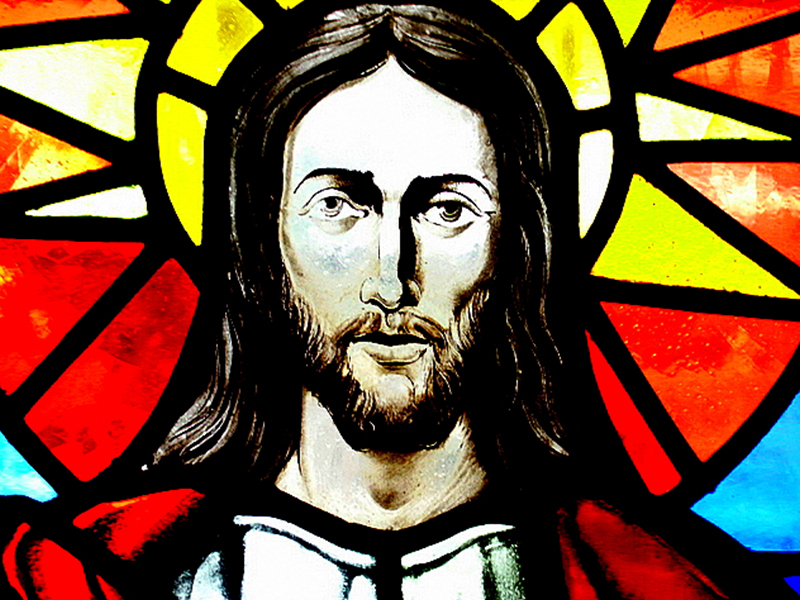Blog & Pastor Letters

Third Sunday of Easter
04-23-2023Weekly ReflectionFr. Christopher O'ConnorWhy were the two disciples heading to Emmaus? They had heard that Jesus had resurrected and yet they made the seven-mile journey to Emmaus. They were downcast, sad, disappointed. They had believed that Jesus would be the Messiah but then Good Friday happened. In their minds, it was over. They had heard the good news of the Resurrection but in their grief, they did not believe it.
Jesus then chastises them for their lack of faith, but he does not give up on them. He breaks open the Word of God for them, starting with Moses and the prophets, to show them all of this had been foretold. He gives them the impression that he is going to keep walking, but they ask him to stay with them. It was like a test, to see if his words had any effect, and they did. They wanted more. Then he took bread, blessed it, broke it and gave it to them. He gave them the Eucharist to fortify their faith.
So full of joy, they then make the seven-mile journey back to Jerusalem, returning the same day, Easter Sunday. That is fourteen miles, maybe a journey of five hours total or more. They had experienced the risen Lord and could not wait to share it with the others. Their hearts were burning within them with the Word of God explained to them and then strengthened by the Holy Eucharist.
Do you sometimes come to Mass feeling sad, disappointed, downcast, or defeated? Do you sometimes question what is even the point of coming? Do you feel as though it is just something to do rather than an opportunity to be fed? The experience of the disciples on the road to Emmaus evokes the image of the Mass. There were two major parts, the Word and the Eucharist, like we have at the Mass: the Liturgy of the Word and the Liturgy of the Eucharist. We do not come to Mass just to receive Holy Communion, but also to listen to the Word of God, to receive it in our hearts. When we hear God’s Word, our hearts should burn within us, setting us on fire to live the Gospel. We cannot listen to the Scriptures passively and only paying attention to make the response. The Word should come alive for us, be written in our hearts. When we hear the words proclaimed, we should ask the question: what is the Lord saying to me now?
After hearing the readings and the Psalm, we then listen to the Gospel. We stand for those words since they proclaim Jesus. Sometimes we have heard those words so often, we do not allow them to make an impact. Ask the Lord to make them new in your heart. You see this done in our first reading. Peter is preaching on Pentecost Sunday, quotes from King David from the Book of Psalms, and uses that quote to show the power of Christ and his Resurrection.
When we come to Mass, we are nourished by the Word of God and fortified by Holy Communion. We need to hear God’s Word and we need the Eucharist. We may come sad, disappointed, downcast, or defeated, but we should leave uplifted. It does not mean that our problems go away, but like the disciples on the road to Emmaus, the Lord does not give up on us; he stays with us, he strengthens us. Imagine if those disciples had not asked the Lord to stay with them. Maybe they would have pondered the words and eventually made their way back to Jerusalem and maybe the fire would have burned out in their hearts. By inviting the Lord to stay with them, they ensured that grace would continue to flow. We too need to invite the Lord to stay with us, and one way we do that is by truly listening to his Word and receiving his Body and Blood. If we allow our hearts to burn within us, and worthily receive Holy Communion, we too can go rejoicing and telling others how Jesus was made known to us in the breaking of the bread.
BACK TO LIST